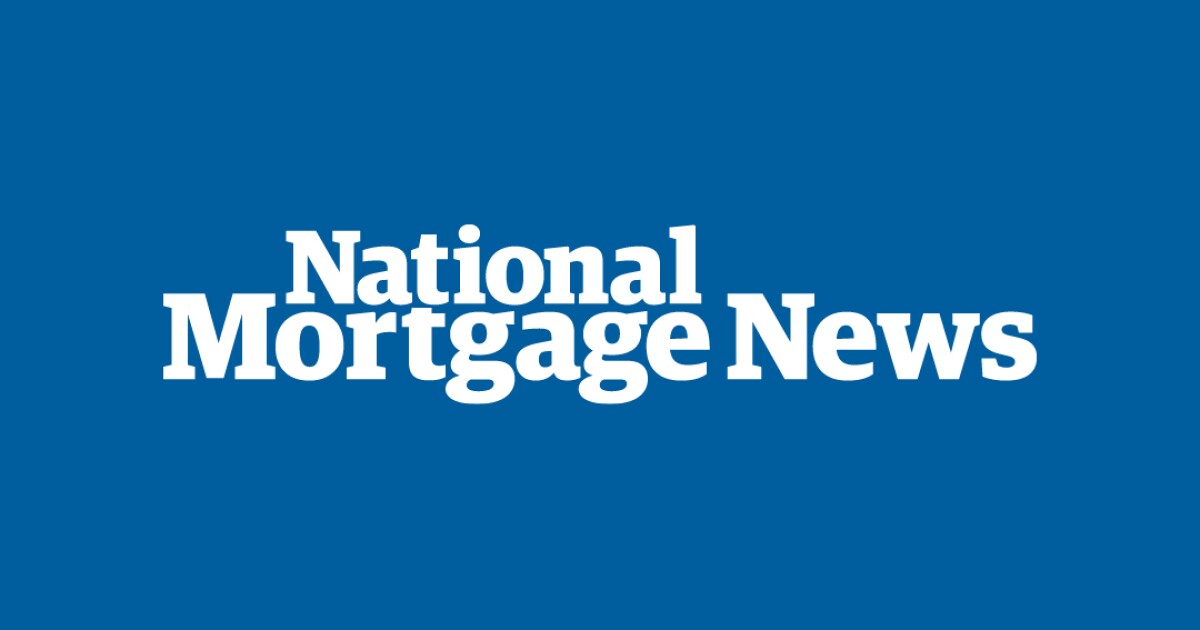
An initiative by the Biden Administration is creating a $225 million fund
The proposal also indefinitely extends the Federal Housing Administration and
The Mortgage Bankers Association came out in opposition to that extension "as it undermines the successful FHA Multifamily Accelerated Processing program and creates unfair competition with the private sector," a statement from Bob Broeksmit, president and CEO, said.
"Instead, the Administration should direct HUD to take meaningful action to make its existing programs more attractive and useful for participating lenders and borrowers," the statement continued. It called on the agency to reduce or eliminate over 20 unnecessary and duplicative fees, increasing statutory loan limits, lower multifamily mortgage insurance premium, among other things.
On the other hand, the National Housing Conference commended the extension and supported making this program permanent.
"Since its inception, the FFB Risk-Sharing Program has closed or committed $4.9 billion for 42,000 apartments," a statement from David Dworkin, president and CEO, said. "With the program's reinstatement in 2021 and now indefinite extension, it will ensure continued access to funds for HFAs to facilitate the creation of new affordable housing units."
The new manufactured housing portion of the announcement is called the Preservation and Reinvestment Initiative for Community Enhancement Program, or PRICE for short. The program includes financing for manufactured housing communities, through
"Coordinating and aligning this suite of new federal actions serves as a force multiplier to expand the availability and affordability of manufactured homes," said Julia Gordon, assistant secretary for Housing and Federal Housing Commissioner, in a press release. "FHA's updated and expanded financing options complement the work of our colleagues in HUD's Office of Community Planning and Development and Ginnie Mae, thereby delivering comprehensive federal support for quality, affordable, manufactured homes in both urban and rural areas."
In 2022, NeighborWorks America created its
"Manufactured housing is an untapped resource that NeighborWorks America knows is critical to safely and affordably housing the thousands who need it," said its Director of Rural Initiatives Sarah Kackar. "Our organization has recognized the value of this housing type for over two decades, working to expand its adoption in traditional land ownership models or alternatives like in the successful resident-owned communities."
This past year, the organization rolled out more resources for non-profit housing developers to work with their local governments to create manufactured-housing friendly land regulations, Kackar said.
The manufactured housing loan limits under the FHA Title 1 program are being increased, and it is the first rise in 15 years, Dworkin noted in a follow-up interview.
"We need to empower people to buy manufactured homes,
Furthermore, HUD/FHA is proposing a mechanism in a final rule that will create an index for future increases in the manufactured housing loan limit, which is currently at the 2008 level of $92,904 for a home and lot combination. Based on an example in the final rule, this limit would rise to $149,782 for a single-section manufactured home and lot or $238,699 for a multi-section manufactured home and lot combo.
"We've pushed more and more people further and further down the affordability scale and manufactured housing is an important part of the solution," Dworkin said. "We have a massive deficit of affordable homes, millions, and it took us 15 years to dig this hole; it's going to take time to dig out of it. But we have to be smart about looking at all different forms of housing and manufactured housing is a big piece of that puzzle."
But one concern for Dworkin, as well as the Manufactured Housing Institute, is another Biden Administration proposal from the Department of Energy that would impose energy efficiency standards that would drive up the cost of these structures.
"The Manufactured Housing Institute appreciates the progress being made by FHA in trying to stand up the FHA Title 1 personal property manufactured home loan program, particularly with these robust increases in Title 1 loan limits," its CEO Lesli Gooch said in a statement.
"MHI renews its call for DoE to withdraw or delay these energy standards — and to endorse legislation to restore HUD as the long-standing federal agency with exclusive jurisdiction over manufactured housing construction and safety standards."
Concurrent with these actions, Ginnie Mae has revised its eligibility criteria for the
"We've consulted the industry and worked closely with FHA to update and align our Title I eligibility requirements to support more financing in tandem with the vast improvements FHA is making to its program," said Ginnie Mae President Alanna McCargo in the press release.
"Today's announcement marks significant progress in expanding access to the secondary market for more Title I Issuers and deploying more capital for manufactured housing lending going forward."
Funding for manufactured housing through traditional mortgages has been difficult to obtain because many of the structures not associated with a permanent lot have been considered chattel. Both Fannie Mae and Freddie Mac have manufactured housing financing as part of
"CHLA appreciates today's actions to boost FHA Title 1 loan limits and revise Ginnie Mae policies for manufactured housing MBS issuers," a statement from the Community Home Lenders of America said. "Manufactured housing is a critically important component of affordable homeownership, so CHLA continues to offer our support for HUD efforts to stand up the Title 1 manufactured housing personal property loan program."



